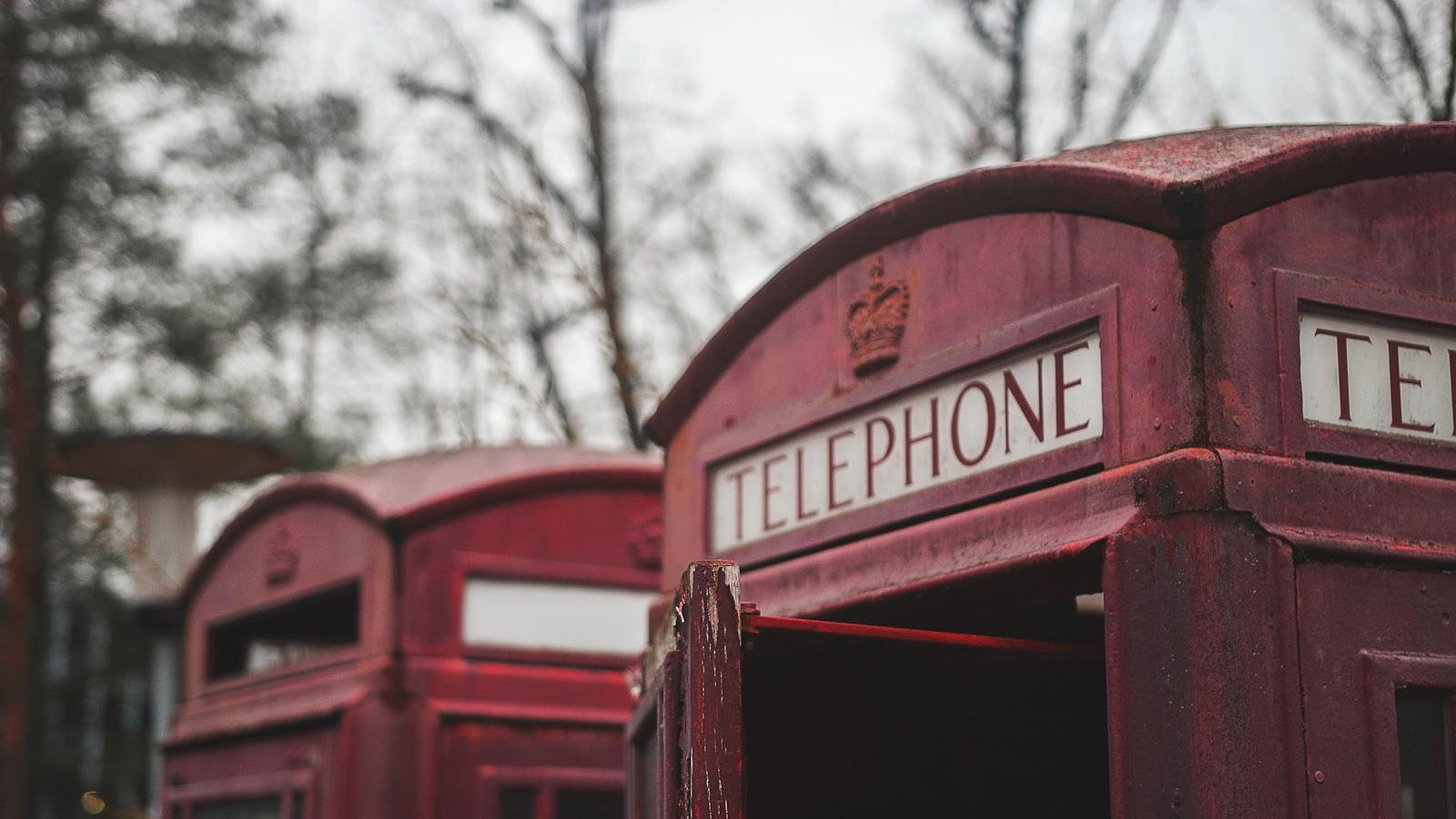Dungeons & Dragons Is a Household Name Again
Once considered a niche hobby for nerds, Dungeons & Dragons (D&D) has made a remarkable resurgence in recent years. Originally introduced in 1974, this tabletop role-playing game has experienced a renaissance and has become a household name once again. From celebrity endorsements to popular streaming shows, the game has captured the hearts and imaginations of a new generation.
One of the key factors behind this resurgence is the power of nostalgia. Many adults who grew up in the 80s and 90s have fond memories of gathering around a table with friends to embark on epic quests. These individuals are now introducing their own children or friends to this classic game, creating a sense of continuity and passing down a cherished tradition.
Another reason for D&D’s renewed popularity is the proliferation of online platforms. Previously, finding a group of players and a Dungeon Master (DM) was a challenge, often requiring physical meetups or searching bulletin boards. However, the rise of online communities, forums, and virtual tabletops has made it easier than ever to connect with fellow players and dive into the imaginative world of D&D.
Additionally, D&D’s influence can be felt in popular culture through various media. Television shows like “Stranger Things” and “Community” have embraced D&D, showcasing its creative and bonding aspects. These shows depict characters discovering the joys of the game, often leading to hilarious and heartwarming moments. This exposure helps to demystify the game and encourages potential players to give it a try.
Furthermore, the emergence of live streaming platforms and the rise of esports have provided a platform for D&D to shine. Shows like “Critical Role” and “The Adventure Zone” have gained tremendous popularity, attracting thousands of viewers who tune in to watch voice actors and comedians embark on thrilling adventures. These shows entertain and inspire their audiences, showing just how immersive and captivating the game can be.
In recent years, D&D has also expanded its reach by diversifying its player base. The game’s creators have made a conscious effort to be inclusive and representative by designing characters and stories that resonate with a broader audience. This inclusivity has helped to break down the stereotypes associated with tabletop gaming and has opened the doors for new players to feel welcome and included.
The resurgence of D&D has not only strengthened the tabletop gaming community but also has numerous positive effects on individuals. The game promotes social interaction, teamwork, problem-solving, and creative thinking. Players must work together, each contributing their skills and abilities, to overcome challenges and achieve their goals. It provides a unique space for escapism, imagination, and personal development.
In conclusion, the return of Dungeons & Dragons as a household name is a testament to the enduring appeal of this classic tabletop game. Nostalgia, online platforms, popular media, and inclusivity have all played a significant role in bringing D&D back into the mainstream. Beyond its entertaining aspects, the game fosters social bonds and personal growth. Whether you’re a long-time fan or a curious newcomer, there has never been a better time to gather some friends, roll some dice, and embark on an epic adventure in the world of Dungeons & Dragons.

